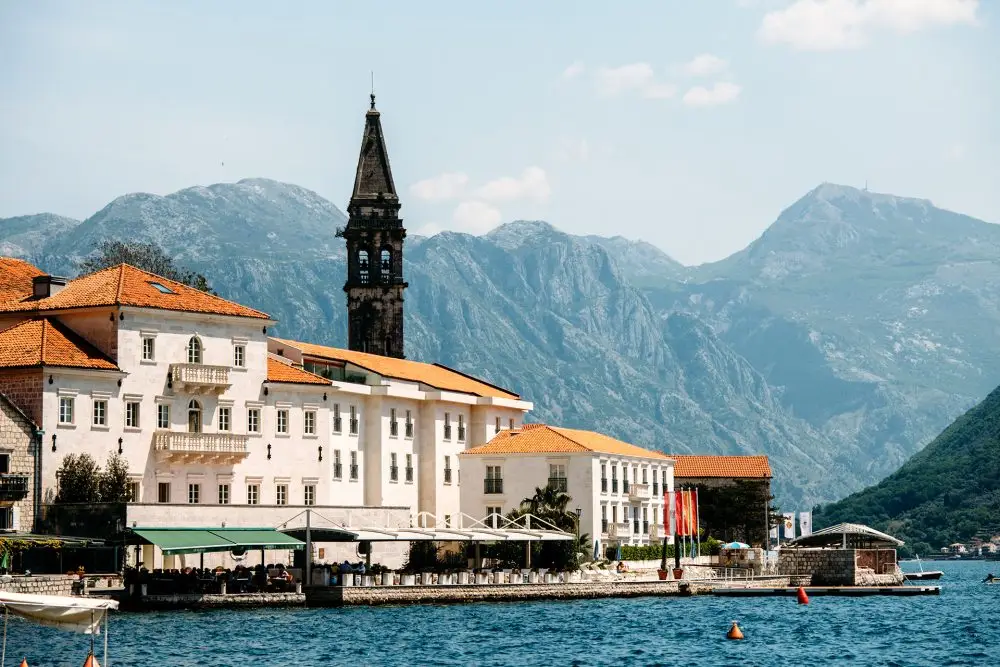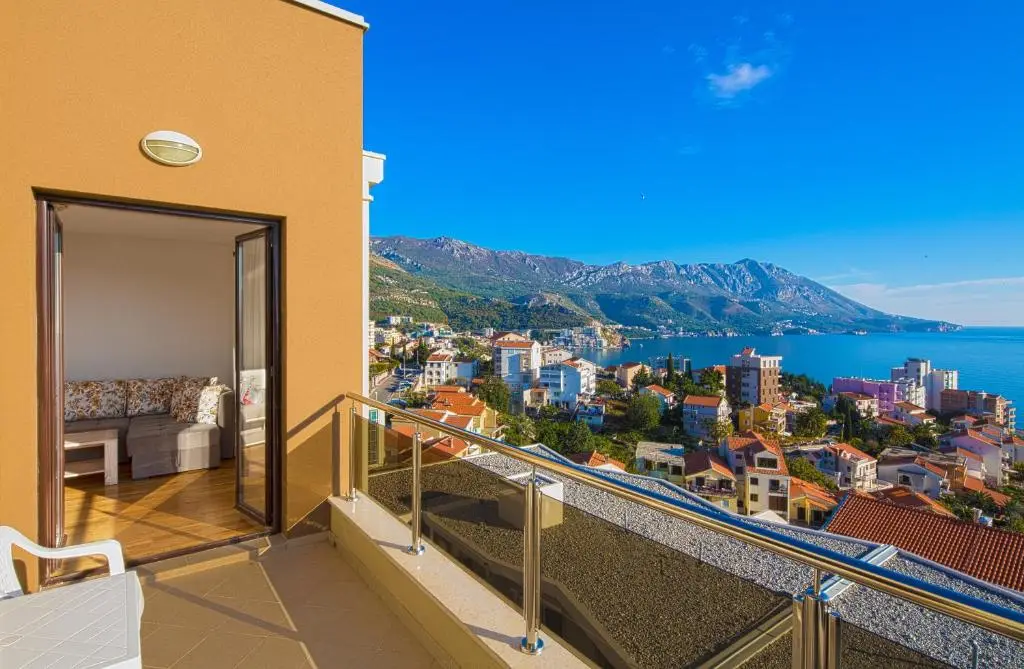In 2025, buying real estate in Montenegro remains one of the most affordable and sought-after investment options abroad for Russians. The relatively simple procedure, lack of restrictions, transparent registration, and favorable treatment of foreigners make the country attractive for investors, families, and those looking to change their country of residence without complex bureaucratic procedures. Montenegro is not part of the EU, but is in the process of Eurointegration, which increases the investment attractiveness of the local market.
Why Invest in Real Estate in Montenegro?
Stable prices, low entry threshold, high tourism potential, and solid rental yields make the country attractive for investors. In coastal areas, annual profit from short-term rentals reaches 6–8%, while property value growth remains stable at 5–7% per year.

Key advantages include lack of restrictions, direct ownership without the need for trusts or nominal owners, simplified registration system, soft tax regulation, and affordable fees.
Buying real estate in Montenegro remains one of the simplest and legally secure ways of investing in Europe for Russians, even in conditions of international instability.
Where to Buy Real Estate: Regions and Property Types
Montenegro offers several geographical zones with different infrastructure, costs, and purposes. Most Russian buyers prefer the coast — combining a mild climate, access to the sea, and developed rental opportunities. Tivat and Bar are suitable for permanent residence, Budva and Herceg Novi for leisure, and the north of the country or the islands of Lake Skadar for tranquility and nature.
Buyers have access to all types of properties: apartments, villas, houses, land plots, or commercial spaces. Owning real estate not only provides comfort but also the opportunity to apply for residency, start a business, or rent out to tourists. This approach is especially relevant for those considering where to live in Montenegro, combining personal residence with investment benefits.
Step-by-Step Guide to Buying Real Estate in Montenegro for Russians: How to Buy Correctly
The procedure is simple and overseen by a notary and lawyer. No separate permission is required. The transaction is completed within 3–6 weeks if all conditions are met. Foreigners are not restricted from buying real estate in Montenegro — ownership for personal use is allowed. Land plots can be acquired through opening a company.
The main steps of the purchase:
- property selection through a real estate agency or independently;
- signing a preliminary contract with specified conditions;
- legal verification, obtaining a tax identification number, opening a bank account;
- signing the main contract with a notary, registration of rights;
- payment of state fees and property transfer tax.
Each step should be accompanied by legal support, especially if the property is on the secondary market or has encumbrances. Also, consider the language factor — many documents are in Montenegrin and require certified translations.
Documents Required for Buying Property
To complete the transaction, a minimal set of documents is required. All papers must be submitted in original with a notarized translation. The absence of a visa does not hinder the transaction, and obtaining a tax identification number takes just one day. Buying real estate in Montenegro involves straightforward bureaucratic procedures, making the process quick and accessible for Russians even during short stays in the country.
Additionally, consent of the second spouse is required if the purchase is made within marriage. Mandatory documents include a passport, tax identification number obtained in Montenegro, a sales contract drafted by a lawyer, a bank transfer payment certificate, notarization of the transaction, and registration in the cadastre.
The buyer receives an extract from the cadastre and becomes a full-fledged owner, possessing the same rights as the country’s citizens. Residency permit applications can be submitted immediately after registering the property in one’s name or under a legal entity. In the future, with conditions met, the path to permanent residency and citizenship becomes open, especially with long-term residence and stable income.
Expenses When Acquiring Property and Taxes
The financial aspect of the transaction includes several mandatory payments. The main property transfer tax is 3% of the amount specified in the contract. Additionally, fees for notary services, lawyers, registration fees, and translators are paid if parties speak different languages. Typical expenses include:
- property transfer tax — 3% of the value;
- notary services — from 200 to 500 euros;
- cadastre registration — up to 150 euros;
- lawyer services — from 500 to 1000 euros;
- bank transfers — up to 1% commission.
Overall additional expenses during the process can reach 5–7% of the property price. Payments are made in euros, requiring prior opening of an account in a local bank. Additionally, documents confirming the source of funds need to be prepared, especially for amounts exceeding 15,000 euros. These conditions accompany buying real estate in Montenegro and are important to consider when planning the budget for the transaction for Russians.
Procedure of Buying Real Estate in Montenegro for Russians and Residency
Russians benefit from a simplified acquisition scheme: they can own property registered to an individual or open a company to purchase land or commercial property. After property registration, applying for residency is allowed, provided a business is opened or income is confirmed. The standard procedure includes:

- company registration in Montenegro;
- submitting documents to the Ministry of Interior: passport, certificate of no criminal record, medical insurance;
- confirmation of residence address — through property purchase or rental;
- issuance of a temporary residency permit for 1 year with the right of extension.
After five years of residence in the country, it becomes possible to apply for permanent residency, and with language and financial conditions met, for citizenship. Montenegro does not require renunciation of an existing passport, making buying real estate in Montenegro even more attractive for Russians as a first step towards legalizing status and obtaining a second citizenship.
Buying Real Estate in Montenegro for Russians: Conclusions
For Russians, buying real estate in Montenegro remains a reliable way to not only acquire property by the Adriatic Sea but also gain opportunities for long-term residence, rental income, business registration, and migration prospects. The combination of easy processing, reasonable prices, European lifestyle, and the country’s openness makes Montenegro one of the best destinations for those seeking stability, a warm climate, and opportunities within Europe.
 en
en  ru
ru  de
de  ar
ar  es
es  nl
nl  hi
hi  fr
fr  it
it  pt
pt  el
el 












